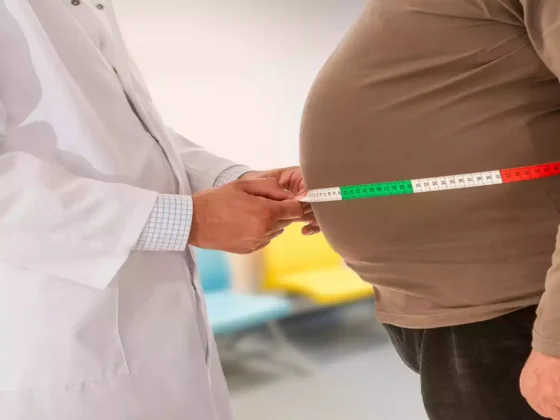Breast cancer is a significant health issue affecting women, including those who are younger. Identifying early signs is essential for timely diagnosis and treatment, helping young women protect their health.
Changes in Breast Size or Shape
Young women should watch for any noticeable changes in their breast size or shape, such as swelling, dimpling, or puckering of the skin. Regular self-exams are useful to detect any unusual changes.
Breast Pain or Discomfort
Persistent breast pain or discomfort, unrelated to the menstrual cycle, may signal breast cancer. If young women experience unusual or ongoing breast pain, they should consult a healthcare provider to rule out any serious conditions.
Nipple Changes
Changes in the nipples, like inversion, discharge, or scaling, could indicate breast health issues. Young women should be vigilant about changes and seek a medical evaluation if sudden changes occur.
Lumps or Thickening in the Breast Tissue
The presence of lumps or thickened areas in the breast tissue is a common early sign of breast cancer. Regular self-exams can help young women detect any abnormalities, prompting them to seek further medical advice if needed.
Skin Changes on the Breast or Areola
Skin changes on the breast or areola, such as redness, scaliness, or rashes, should be taken seriously. Monitoring for unusual skin changes and consulting a healthcare provider can ensure timely medical attention.
Breast Cancer In Young Women: What You Need To Know About Prevention Tips
Young women should be proactive about their breast health by recognizing early signs of breast cancer and seeking prompt medical care. Regular self-exams, clinical exams, and mammograms are key components of early detection efforts, helping to maintain their health and well-being.











